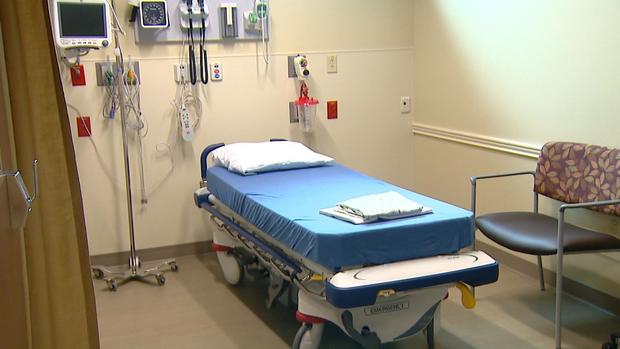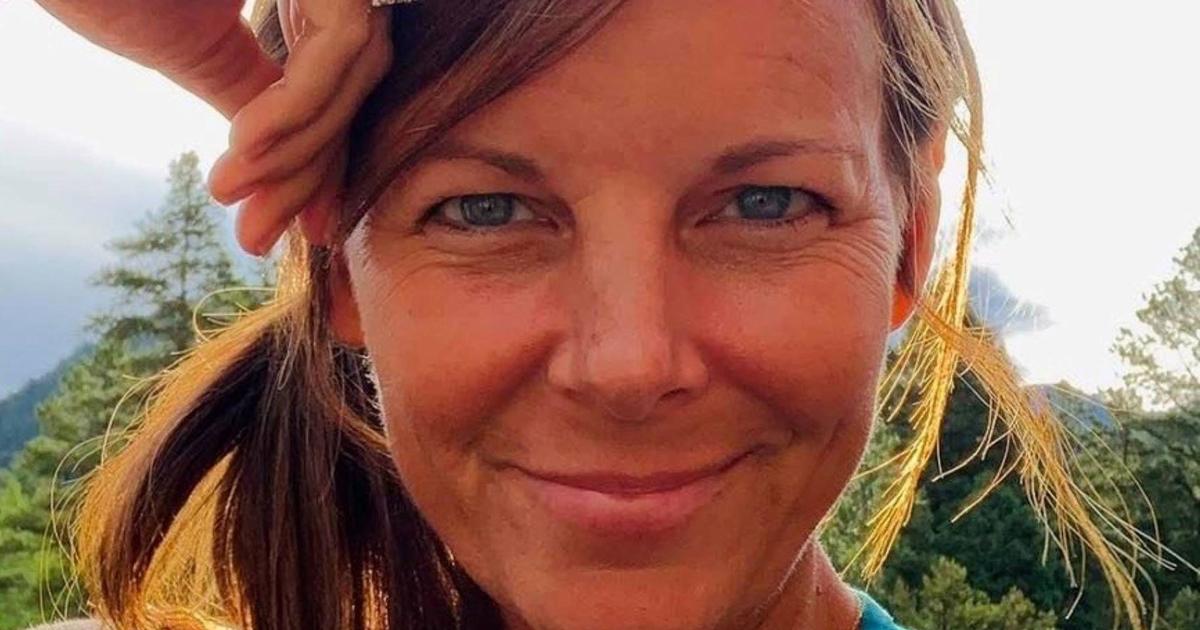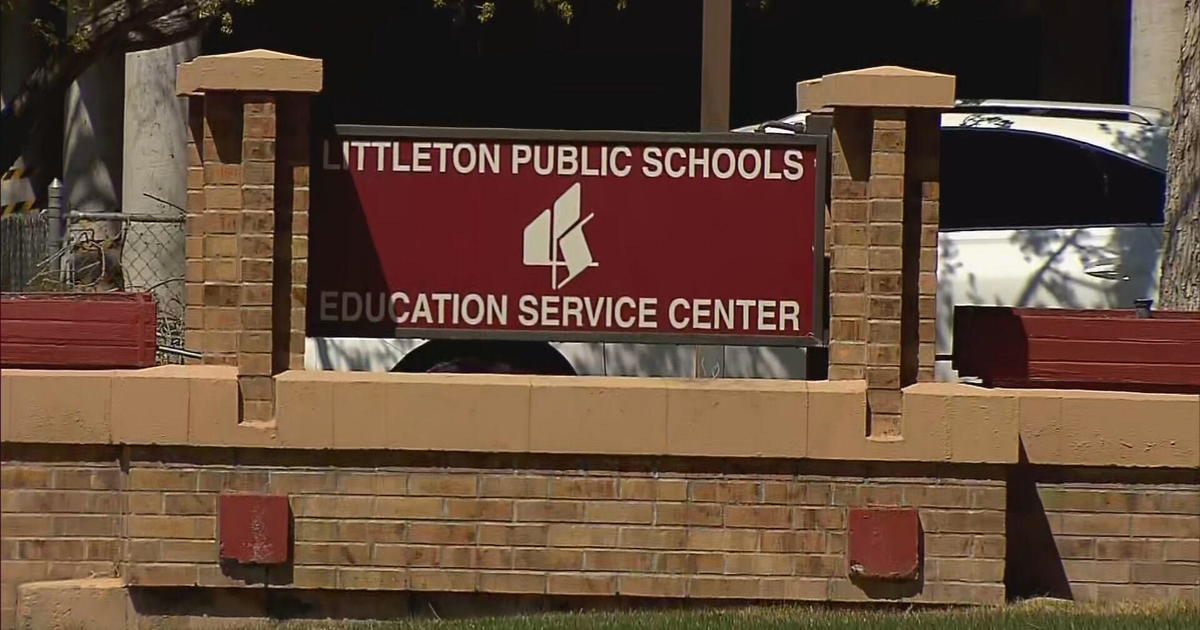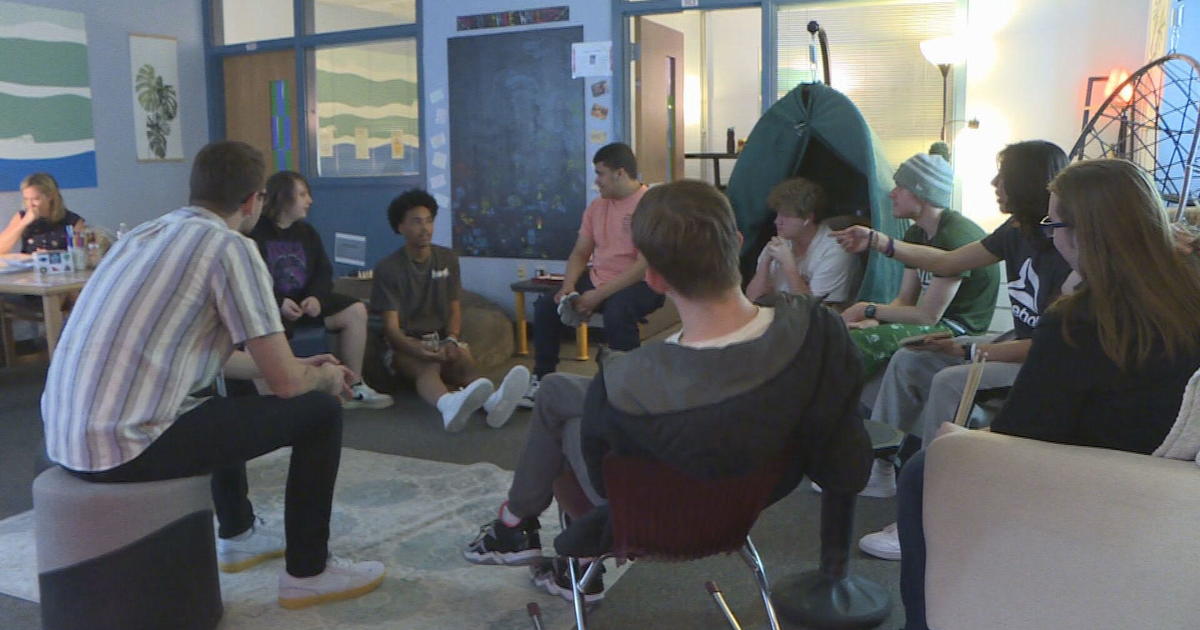Doctors Look At Why Children May Get Coronavirus Less Frequently
DENVER (CBS4) – Little Lincoln was coughing and sick and miserable. His mother was worried. He was four and watching him be that sick with COVID-19 was hard. His mother shared his story of treatment at Rocky Mountain Hospital for children to let people know about how the coronavirus could hit and hurt children too. He's doing much better since that story first aired back in April. https://denver.cbslocal.com/2020/04/09/coronavirus-child-patient-colorado-rocky-mountain-hospital-children/
But his case was not common. It turns out, there's growing evidence that children are avoiding infection from the novel coronavirus. Two studies, one from Iceland and another from Israel, show children get infected with coronavirus perhaps as little as half as frequently as adults.
"They are small studies in isolated parts of the world," said Dr. Reginald Washington, chief medical officer at Rocky Mountain Hospital for Children. "They seem to indicate that how children react to this virus is different than how adults react to this virus." He wants more robust and larger studies.
The research seems to fit in with numbers on the virus emerging as testing widens. Children are known to have better outcomes with COVID-19. Other studies are showing as many as 80% are asymptomatic. That has raised fears that children may be spreading disease when families are unaware of their infection.
It does not mean immunity. "Unfortunately plenty of the children across the US and in other countries get sick, but the numbers and the rates of kids getting infected are so much lower than the rates of infection that we're seeing in older folks," said Dr. Jessica Cataldi, a pediatrician and infectious disease specialist at Children's Hospital Colorado.
Yet to be explained is the why. "It's about the million dollar question right now," said Dr. Catalidi. "There are some people who think it's related to the receptors that this virus binds to and it's those receptors in the airway and in the nasal passages might be different."
"Maybe the virus comes and they just get rid of it so fast that we're never even able to find it."
Dr. Washington suggested there may be some protection in the exposure children get to other viruses. "They have been exposed to viruses that are similar to COVID and they may have partial immunity… usually that causes symptoms of the flu or common cold care cousins of the COVID virus, so they could have a lot of similar viruses out in the world."
The age range appears to be between the ages of one and 20.
"We know that the immune system changes as our bodies grow from infants to older children to adults but we still have a lot of unanswered questions," said Cataldi.
And there's evidence in the studies that shows it is also harder for children to share the coronavirus. When SARS-CoV-2 is discovered in the home, it appears less likely children will not only get it, but share it. "Most often it is the adult who is the first person to get COVID and to bring it into that household," said Dr. Cataldi.
All of this holds some hope for less transmission than feared when children return to the classroom. But Dr. Washington fears it may lull people into complacency.
"We will find out as schools get into session, we will find out as kids get out into the community and we will be able to see fairly quickly how this is going to spread," he said.
"It's not going to be going back to school and encouraging everyone to be you know hugging kissing, sharing drinks, things like that," said Dr. Cataldi. "It would be going back to school and doing the common sense things that we know work."




